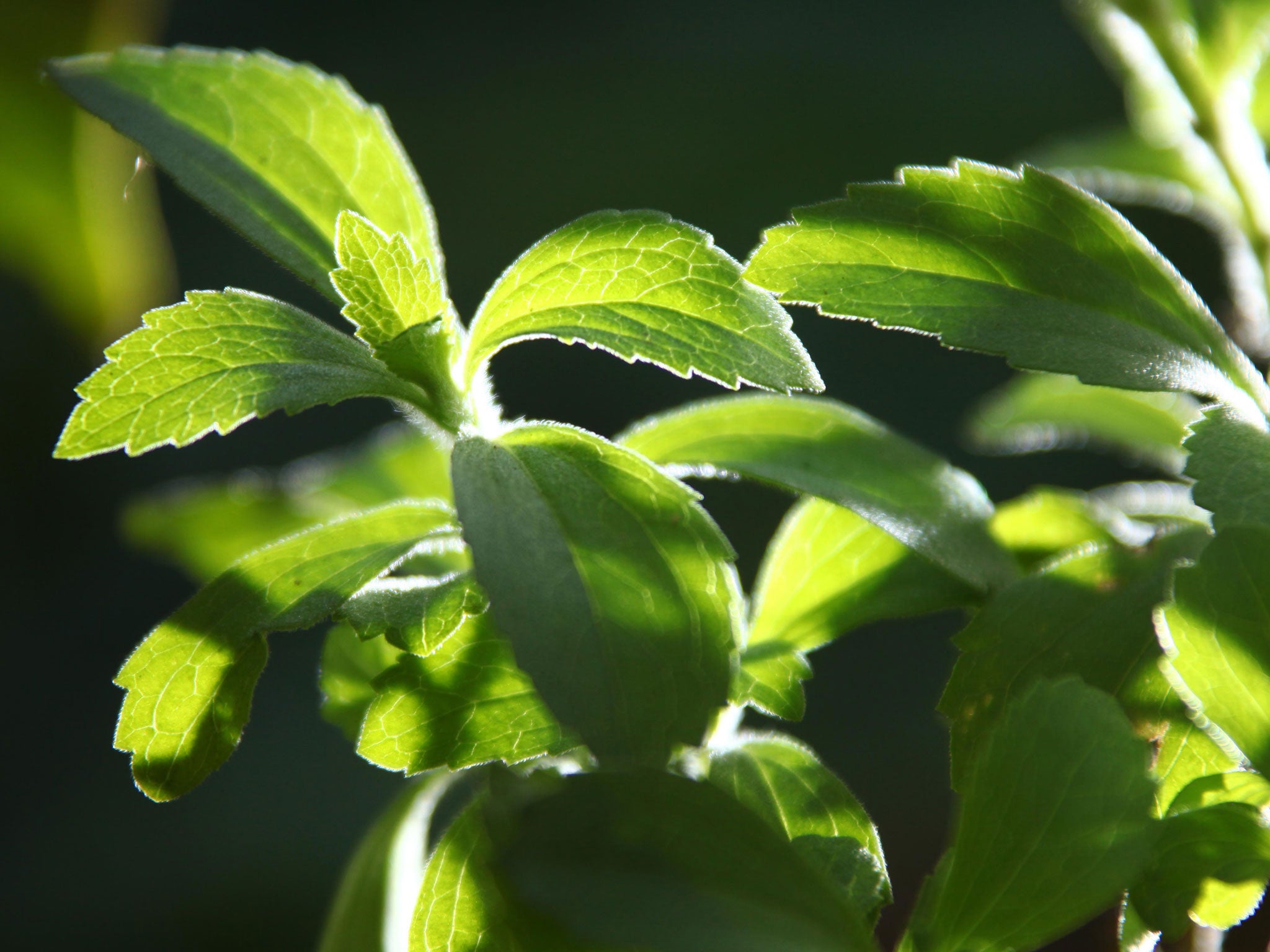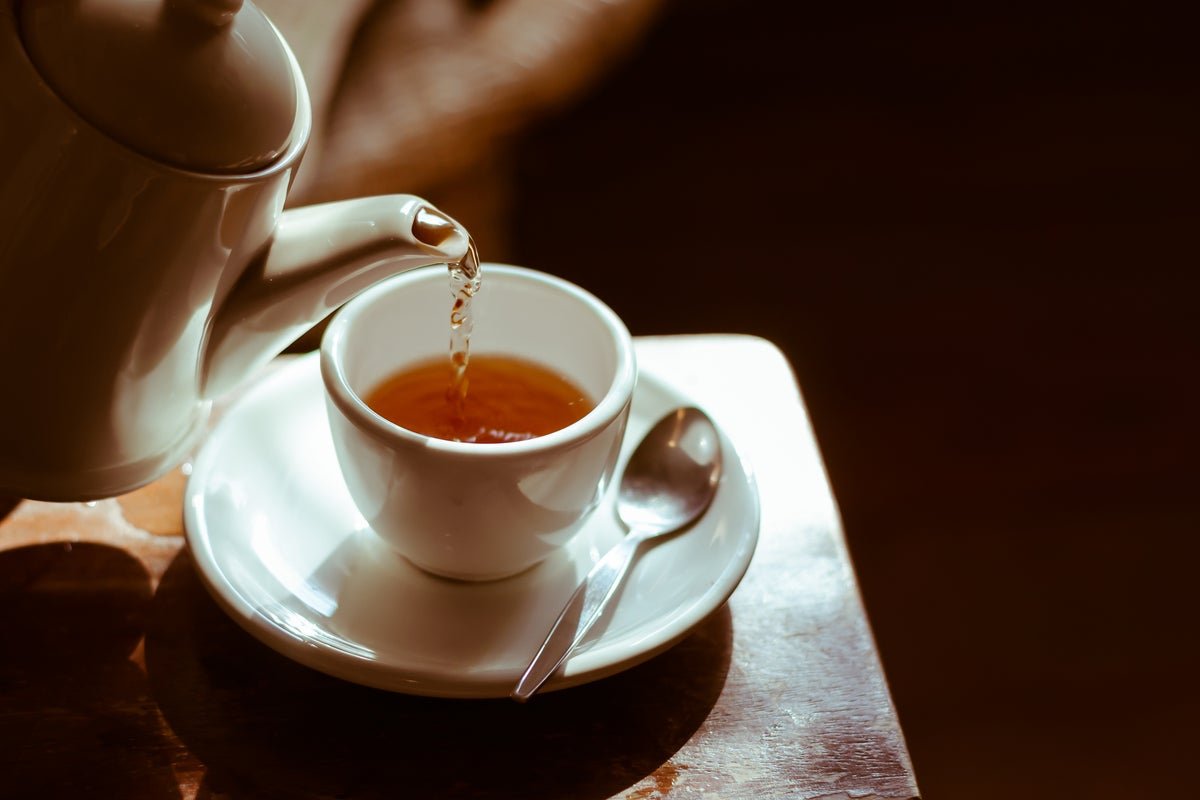In an unexpected twist in the fight against cancer, humble kitchen bacteria and a plant best known for sweetening tea could one day help in treating one of humanity’s deadliest diseases, new research suggests.
A group of scientists in Japan has discovered that fermented stevia, a plant commonly used as a calorie-free sweetener, may hold intriguing anti-cancer properties. While these findings are early and need much more research, they hint at a potential future role for stevia in tackling pancreatic cancer.
Pancreatic cancer remains one of the most difficult cancers to treat. Symptoms typically appear only after the disease has spread, and conventional therapies like chemotherapy rarely result in a cure.
The outlook is bleak: fewer than 10 per cent of patients survive five years beyond diagnosis.
This urgent need for more effective and less toxic treatments has driven researchers to explore plant-based compounds. Many chemotherapy drugs already used today have botanical origins – including paclitaxel, derived from the bark of the Pacific yew tree, and vincristine, sourced from the Madagascar periwinkle – offering a proven pathway for discovering new cancer-fighting agents.

Stevia, a leafy plant native to South America, is widely known for its natural sweetness. It’s a familiar presence on supermarket shelves, but few think of it as a medicinal plant.
Stevia leaves are rich in bioactive compounds, some of which have shown hints of anticancer and antioxidant activity in previous research. The challenge has been harnessing this potential, as unfermented stevia extracts are only mildly effective in laboratory settings, often requiring high doses to affect cancer cells.
That’s where fermentation comes in. Known for creating yoghurt, kimchi and sourdough bread, fermentation is more than a culinary technique. It’s a form of microbial alchemy that can transform plant compounds into new, bioactive molecules.
Researchers at Hiroshima University asked a simple but innovative question: What if stevia were fermented with the right bacteria? They experimented with a strain called Lactobacillus plantarum SN13T, a relative of a bacteria commonly found in fermented foods. Fermentation produced a compound called chlorogenic acid methyl ester (CAME), which showed much stronger anti-cancer effects than raw stevia extract.
About the author
Justin Stebbing is a Professor of Biomedical Sciences at Anglia Ruskin University. This article is republished from The Conversation under a Creative Commons licence. Read the original article.
In lab tests, the fermented stevia extract caused pancreatic cancer cells to die in large numbers but left healthy kidney cells largely unharmed. Further analysis revealed that CAME was responsible for this effect. It worked by blocking cancer cells at a specific phase of their life cycle, preventing them from multiplying and by triggering apoptosis, a natural process where cells self-destruct when damaged or no longer needed.
CAME seems to alter the genetic programming of cancer cells. It activates genes that promote cell death while simultaneously suppressing those that help cancer cells grow and survive. This double hit slows cancer progression and encourages malignant cells to kill themselves.
The power of fermentation
Fermented stevia extract was also found to be a stronger antioxidant than its unfermented counterpart. Oxidative stress – an imbalance of potentially harmful molecules known as free radicals in the body — is linked to cancer and other diseases. By neutralising these free radicals more effectively, the fermented extract may offer extra protection for healthy cells.
Main symptoms of pancreatic cancer
NHS
Symptoms of pancreatic cancer can include:
- the whites of your eyes or your skin turn yellow (jaundice), and you may also have itchy skin, darker pee and paler poo than usual
- loss of appetite or losing weight without trying to
- feeling tired or having no energy
- a high temperature, or feeling hot or shivery
Other symptoms can affect your digestion, such as:
- feeling or being sick
- diarrhoea or constipation, or other changes in your poo
- pain at the top part of your tummy and your back, which may feel worse when you’re eating or lying down and better when you lean forward
- symptoms of indigestion, such as feeling bloated
This is not the first time fermentation has been shown to unlock hidden benefits. Fermented soy and ginseng have been found to offer enhanced health properties compared to their raw forms.
But the stevia findings stand out because of the compound’s selectivity. Killing cancer cells while sparing healthy ones is the holy grail for cancer researchers.
It’s important to note that these results come from lab-grown cells, not from animal or human studies. Many substances that look promising in petri dishes fail in clinical trials due to the complexity of the human body. Still, the discovery is exciting and warrants further exploration.
This research highlights the potential of everyday foods and their natural microbes as untapped sources of new medicines. It also reflects growing interest in “microbial biotransformation” – using beneficial bacteria to create powerful compounds from plants.
In the case of stevia, a simple quest for a natural sweetener has evolved into something potentially far more profound: a stepping stone toward a cancer therapy that’s natural, targeted and cost-effective.


